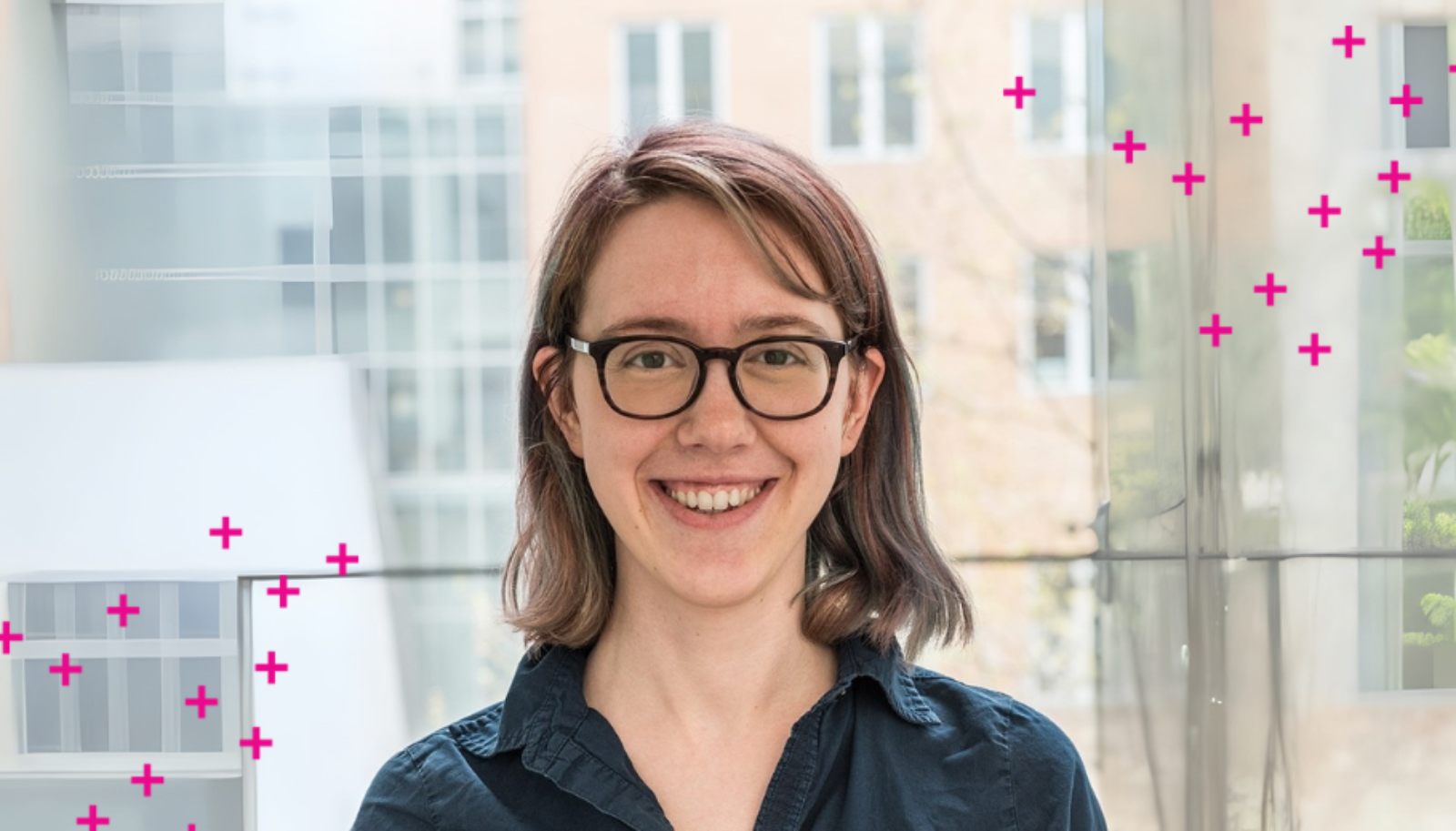Dan Roy named Vector Research Co-Director
October 3, 2023
October 3, 2023
Today, the Vector Institute announces a significant restructuring of its research leadership to better serve the evolving needs of its growing research community and to expand its reach. Current research director, Graham Taylor, will be joined by Vector Faculty Member Daniel Roy, as co-director, with Taylor focused on external initiatives and priorities and Roy focused on internal ones.
Working in close collaboration with each other and the broader research community, which now includes more than 700 researchers, the complementary positions will allow Vector to expand its external focus, while scaling the community’s culture of collaboration.

“I’m thrilled to step into the Research Director role at this pivotal time for Vector. Building on the incredible work done by Graham and the Vector community, I look forward to deepening our collaborative culture and attracting the next generation of AI talent to Canada. As our faculty push the boundaries of AI and machine learning, we will also be working to ensure robust, ethical foundations for future growth.”
Dan Roy
Vector Research Co-Director
Roy is one of Vector’s founding Faculty Members, the former Chair of Vector’s Faculty Hiring Committee, and Associate Director Research, Industry Innovation. Beyond his work at Vector, Roy is also a Canada CIFAR AI Chair and an Associate Professor in the Department of Statistical Sciences at University of Toronto and the Department of Computer and Mathematical Sciences at University of Toronto Scarborough. His research in deep learning spans theory and practice. His contributions range from pioneering work on empirically grounded statistical theory for deep learning to state-of-the-art algorithms for neural network compression and data-parallel training. Roy’s experimental work has shed light on various deep learning phenomena, while his recent theoretical work introduces simple but accurate mathematical models for deep neural networks at initialization.
Beyond his contributions to deep learning, Roy has made significant advances to the mathematical and statistical underpinnings of AI. His dissertation on probabilistic programming languages and computable probability theory received an MIT Sprowls Award. He recently resolved several open problems in statistical decision theory, originally posed over 70 years ago, by exploiting the properties of infinitesimal numbers. His latest work focuses on robust and adaptive decision-making.
As well as serving as research director for the past two years, Taylor recently joined the OECD AI Futures Working Group on behalf of Vector. He is also a Canada CIFAR AI Chair, Professor of Engineering at the University of Guelph and an Academic Director of NextAI. His research spans a number of different deep learning topics, exploring open problems including how to effectively learn with less labeled data, and how to build human-centered AI systems. He is also interested in methodologies including generative modeling, graph representation learning, and sequential decision-making.
Outside of his core interests in advancing deep learning methods, Taylor pursues applied projects with global impact, including applying machine learning techniques to better understand biodiversity and helping with the AI modeling for the annual Canadian Food Price Report, which forecasts food prices over the upcoming 12 months. He is an active member of the Canadian AI ecosystem, co-organizing the annual CIFAR Deep Learning Summer School and he has trained more than 80 students and staff members on AI-related projects.

“Vector has been a beacon of cutting-edge AI and Machine Learning research, and I am proud to have contributed to this legacy. This new leadership model is aptly designed past and anticipated future growth, emphasizing research integrity. I look forward to charting new horizons alongside Dan.”
Graham Taylor
Vector Research Co-Director
Taylor and Roy will be responsible for helping to foster a sense of community between researchers as Vector settles into its new facilities at the Schwartz Reisman Innovation Centre in 2024. They will help advance strategic research priorities by identifying new funding models, particularly in the areas of AI trust and safety, foundation models, and AI for science while continuing to build on Vector’s work in health, machine learning and deep learning. They will also strengthen Vector’s global reach through research partnerships and researcher recruitment.
Taylor has agreed to stay on to help support the transition to the new leadership structure. He will maintain the external research co-director through the fall of 2023, or until a successor has been appointed. Roy has been appointed research director for a two year term.
“Vector couldn’t be luckier to have Dan and Graham overseeing our talented research community, ” says Tony Gaffney, Vector’s CEO and President. “The rapid expansion of Vector’s research community is a testament to Vector’s ongoing dedication to supporting cutting-edge, curiosity-driven driven, and applied AI research. That tradition will continue under their guidance, as we build on the culture of collaboration that is a hallmark of our community.”


